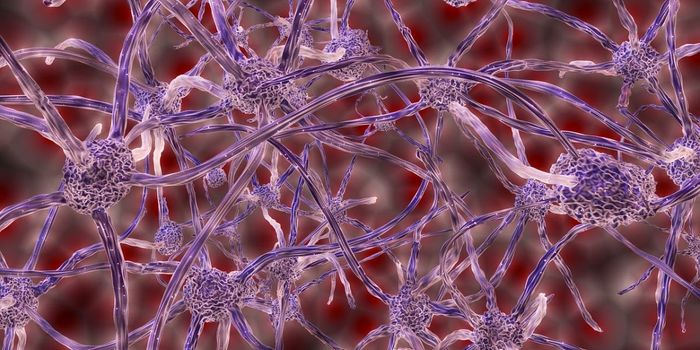Two Types of Cognitive Behavioural Therapy Reduce Fibromyalgia Symptoms

Fibromyalgia is a chronic pain condition. Symptoms include widespread pain, sleep problems, and fatigue. An estimated 2- 4% of the global population live with fibromyalgia. Pharmacological interventions produce mostly modest effects, and best practice guidelines promote the use of nonpharmacological interventions, such as psychotherapy.
When used for treating fibromyalgia, traditional CBT focuses on teaching coping strategies to manage pain. Studies show that traditional CBT, which involves techniques for cognitive restructuring and stress management, yields modest improvements in pain, disability, and negative mood.
Exp-CBT differs from traditional CBT as it emphasizes repeated and voluntary exposure to situations that give rise to pain and pain-related distress for long-term benefit. Previous research found that E-CBT produced moderate to large effects on fibromyalgia severity, fatigue, disability, pain intensity, and quality of life when compared to controls. The researchers behind the present study thus hypothesized that Exp-CBT may be more effective than other psychotherapies, such as traditional CBT, for treating fibromyalgia.
To test their hypothesis, they randomized 274 patients with fibromyalgia into two groups, receiving either Exp-CBT or traditional CBT for ten weeks online. Participants were assessed for symptoms of fibromyalgia using the Fibromyalgia Impact Questionnaire (FIQ) at baseline, weekly during treatment, after treatment, and 6 and 12 months later.
Ultimately, they found that Exp-CBT and T-CBT reduced fibromyalgia severity to a similar extent. Minimal clinically important improvement was seen in 60% and 59% of participants treated with Exp-CBT and T-CBT, respectively. The effects were sustained for at least 12 months.
Study author Maria Hedman-Lagerlöf, licensed psychologist and researcher at the Center for Psychiatry Research at the Department of Clinical Neuroscience, Karolinska Institutet said in a press release:
"The fact that both treatments were associated with a significant reduction in the participants' symptoms and functional impairment and that the effects were sustained for 12 months after completion of the treatment, indicates that the internet as a treatment format can be of great clinical benefit for people with fibromyalgia. "This is good news because it enables more people to access treatment.”
Sources: Science Daily, Pain








